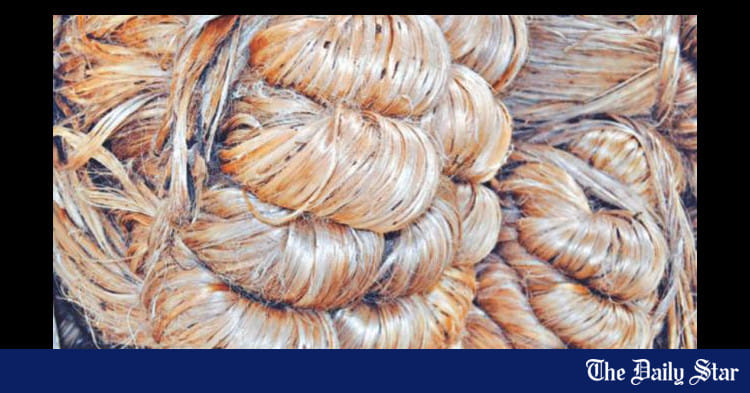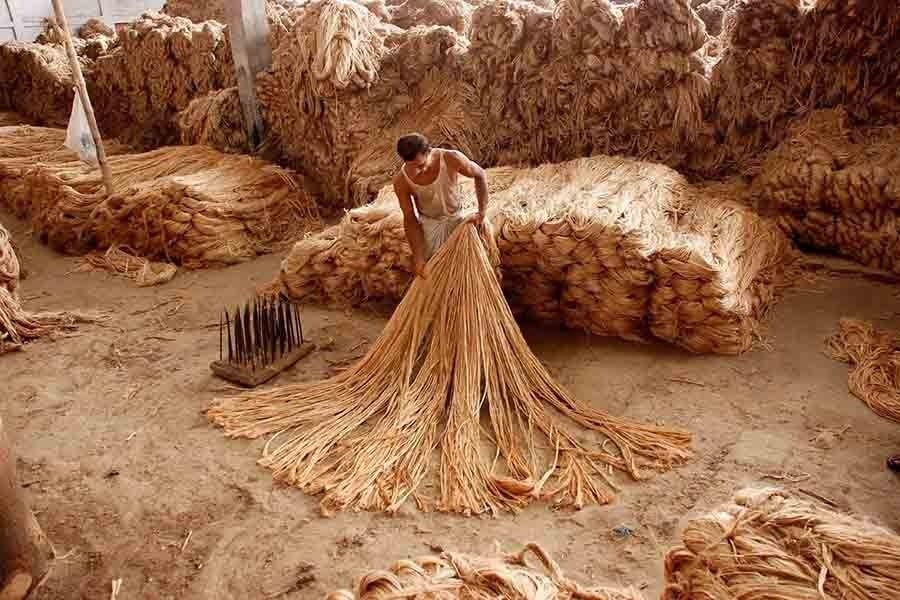- Copy to clipboard
- Thread starter
- #46
Saif
Senior Member
- Messages
- 14,475
- Reaction score
- 7,588
- Origin

- Residence

- Axis Group

BJMC BLEEDING CONTINUES
The BJMC, which operated the mills until June 2020, incurred losses of Tk 775 crore in the fiscal year 2019-20, the highest on available records.
The corporation suffered Tk 400 crore plus in the subsequent year after shutting down the jute mills and laying off workers.
Its losses continued in the following years too, as delays in leasing out the closed mills to private players and integration of existing employees to other state agencies, and to protect its huge estate.
Since the closure of the mills, the BJMC's total losses crossed Tk 1,300 crore until FY25, according to the Bangladesh Economic Reviews of different years.
The government projects BJMC's loss at over Tk 210 crore for the current fiscal year.

The closure of the loss-making mills might have slowed the bleeding by BJMC, but it did not stop completely. To do so, either the leasing process will have to be expedited, or the government will view the actual costs of life and livelihood through a different lens.
Kudrat-E Khuda, president of Patkal Rokkay Sammilito Nagorik Porishad, wants the government to reopen the mills and give priority to the experienced workers.
"Workers have the right to live with dignity," said the civil society activist.
The BJMC, which operated the mills until June 2020, incurred losses of Tk 775 crore in the fiscal year 2019-20, the highest on available records.
The corporation suffered Tk 400 crore plus in the subsequent year after shutting down the jute mills and laying off workers.
Its losses continued in the following years too, as delays in leasing out the closed mills to private players and integration of existing employees to other state agencies, and to protect its huge estate.
Since the closure of the mills, the BJMC's total losses crossed Tk 1,300 crore until FY25, according to the Bangladesh Economic Reviews of different years.
The government projects BJMC's loss at over Tk 210 crore for the current fiscal year.
The closure of the loss-making mills might have slowed the bleeding by BJMC, but it did not stop completely. To do so, either the leasing process will have to be expedited, or the government will view the actual costs of life and livelihood through a different lens.
Kudrat-E Khuda, president of Patkal Rokkay Sammilito Nagorik Porishad, wants the government to reopen the mills and give priority to the experienced workers.
"Workers have the right to live with dignity," said the civil society activist.


